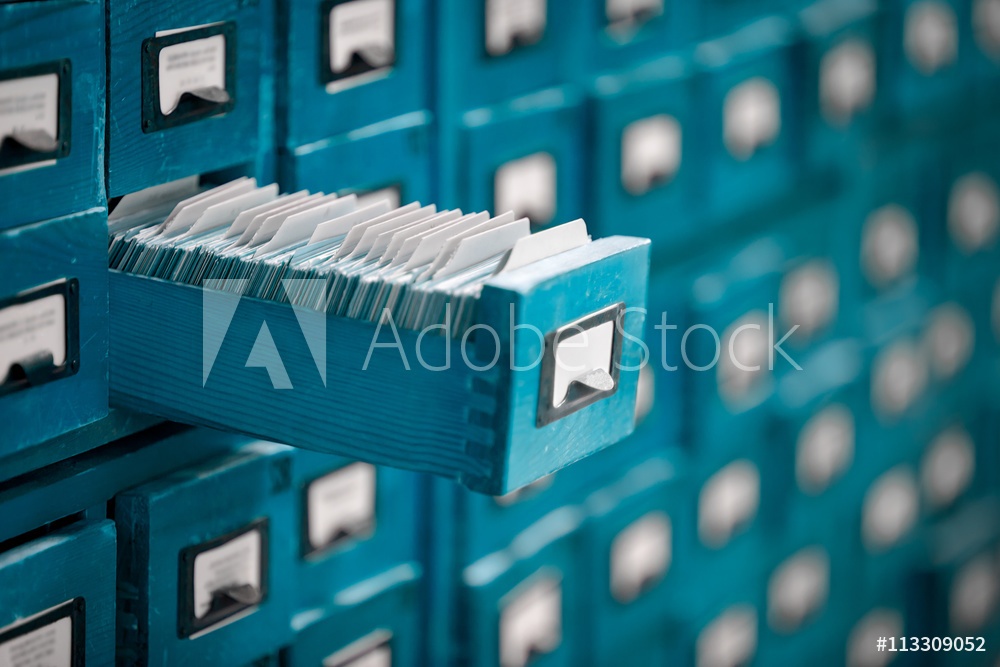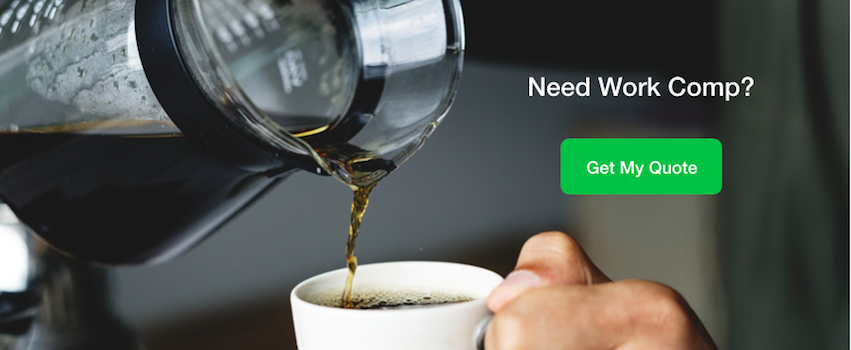“Being a chef is a lot like being an air-traffic controller: you are constantly dealing with the threat of disaster … Line cooking, done well, is a dance—a highspeed, Balanchine collaboration.”
In 2014, Anthony Bourdain famously articulated the high-speed, high-energy pace of culinary life: A fine balance between methodical routine and free-wheeling chaos. It’s what makes restaurant life so alluring to those that call it a career—and at times risk life and limb.
Restaurants, and particularly kitchens, are naturally injury-prone. Common back of house risks include:
- Cuts
- Burns
- Slips and falls
- Lifting hazards
- Overuse injuries
- Electrical hazards
- Chemical burns
To keep your staff safe, we turned to the experts to round up the top safety advice.
1. Assess Your Risks
The kitchen is clearly no stranger to injury. But keeping your staff safe starts with identifying potential threats, from the obvious to the hidden dangers.
In doing so, you’ll see that some risks are easily avoidable—some are not. Your goal should be to eliminate issues where you can, if that means clearing pathways, reorganizing prep spaces, adding new safety equipment or tools (a grease pan, a stronger exhaust, a slip-resistant mat).
For the rest, turn to safety policies, procedures and equipment to limit and contain risk.
2. Write Down a Safety Plan
Food Newsfeed recommends documenting a safety plan in writing, so staff are clear on what kitchen hazards exist, and how they should avoid or address them. “Your written safety plan should address all identified hazards and provide clear rules and policies to address each hazard.”
Tip: If you do this, you may be able to save money on one or more commercial insurance policies. Ask your insurance agent if your safety plan qualifies.
3. Promote Communication
The kitchen is almost always full of chatter, but is your staff communicating?
Clear announcement of your intent and movement throughout the kitchen can be the key to avoid collisions, spills, trips and burns.
Modern Restaurant Magazine illustrates:
“Chef Joe may be sauteeing at the cooking station, and then he wants to move to the plating/finishing station, but as he’s passing the prep/chopping station, Chef Sue doesn’t announce she’s stepping back and the two collide, causing chaos – knives flying, hot food, oil, and a pan in the air, ready to crash down.”
Train staff on the preferred protocol for your kitchen. Modern Restaurant Magazine also suggests creating designated areas for specific tasks to avoid confusion and streamline kitchen operations.
4. Prioritize Food Safety Over Profits
It goes without saying that safety in the kitchen should also extend to the product being delivered to restaurant customers. Food that is expired, contaminated or otherwise unfit to serve is never a risk worth taking.
ShopKeep offers in-depth advice in “9 Food Safety Tips Every Restaurateur Must Follow” on the four C’s:
- Clean
- Cook
- Chill
- Cross-contamination
5. Model a Culture of Safety
Don’t let that safety plan get buried under last month’s supplier orders. Make sure staff understand that safety is one of your top priorities—so it’s one of theirs, too.
A few ways to do this:
- Post relevant safety procedures throughout the kitchen, such as cross-contamination warnings near cold food storage or knife tips in a line cook station.
- Hold training sessions for staff and management to attend.
- Address safety issues head-on. Talk to staff about safety concerns or workplace injuries. Similarly, celebrate small wins like injury-free milestones.
Food Newsfeed offers more tips on promoting safety, from electrical safety to emergency equipment.
6. Maintain Workers’ Compensation Insurance
Your restaurant should carry an active workers’ compensation policy for the current payroll, including part-time and temporary or seasonal workers. Workers’ compensation insurance is an essential piece of your restaurant insurance, and protects the employer in the event of a workplace injury, and covers medical costs for staff to get back on their feet. Make sure your business is covered to protect it from liability and possible non-compliance fines.
From carrying the proper insurance policies to upholding kitchen safety, protecting your business is no accident. Which reminds us of another piece of advice from Mr. Bourdain:





